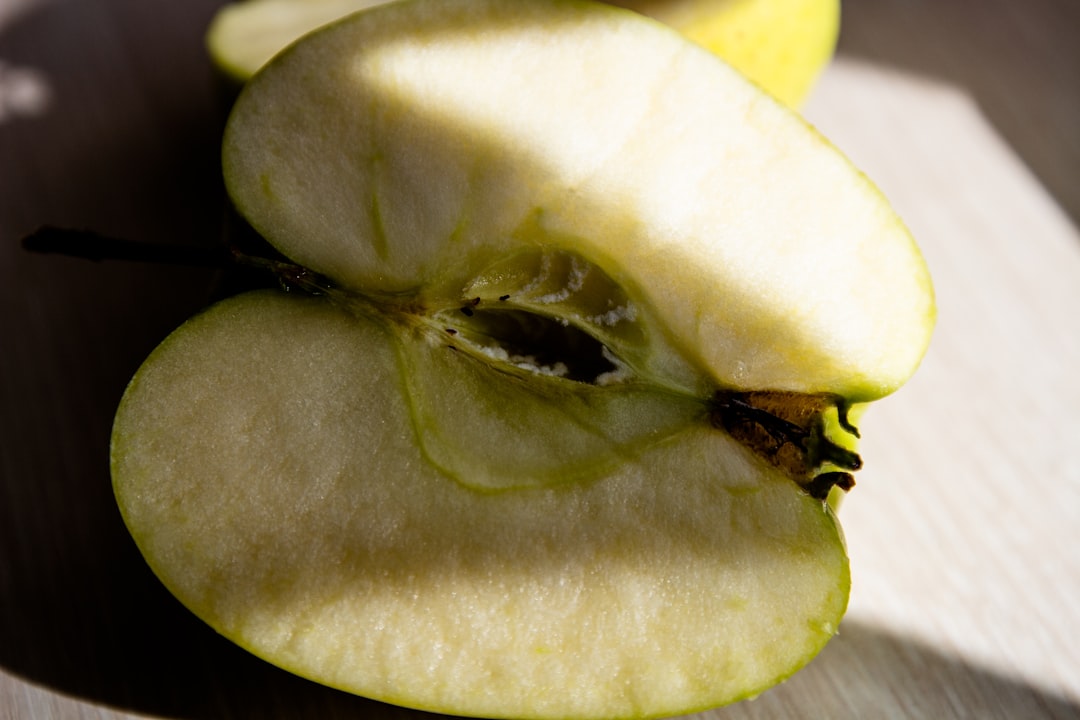Edible gardening is a rewarding endeavor that allows you to grow your own fresh and healthy produce. One crucial aspect of successful vegetable gardening is understanding the concept of companion planting. Companion planting involves growing different plants together in a way that benefits each other. In this article, we will explore the best onion companion plants and how they can help you grow healthier and pest - free veggies naturally.
Onions are a staple in many kitchens and gardens. They not only add flavor to a variety of dishes but also have several benefits when it comes to companion planting. Onions have a strong scent that can repel many common garden pests, such as aphids, carrot flies, and cabbage worms. By planting onions alongside other vegetables, you can protect them from these pesky invaders.
1. Carrots
Carrots and onions are a classic companion planting combination. Onions help to repel carrot flies, which are a major pest for carrots. The strong odor of onions masks the scent of carrots, making it difficult for carrot flies to locate them. At the same time, carrots do not compete with onions for nutrients or space, as they grow at different depths in the soil. Carrots have long taproots that grow deep into the ground, while onions have shallower root systems. This allows them to coexist harmoniously in the garden.
2. Lettuce
Lettuce is another great companion plant for onions. Onions can provide some shade for lettuce during the hot summer months, preventing it from bolting too quickly. Lettuce has a shallow root system and grows relatively close to the ground, so it does not interfere with the growth of onions. Additionally, the strong smell of onions can help to keep aphids away from lettuce, which is a common problem for this leafy green.
3. Tomatoes
Tomatoes and onions make a beneficial pairing in the garden. Onions can help to deter pests such as aphids and spider mites, which are often attracted to tomato plants. Tomatoes, on the other hand, can provide some support for onions. As tomato plants grow tall and bushy, they can offer a bit of protection from strong winds for the more delicate onion plants. However, it's important to note that onions and tomatoes have different water and nutrient requirements, so proper spacing and soil management are essential.
4. Cabbage Family (Brassicas)
Plants in the cabbage family, such as cabbage, broccoli, and cauliflower, can benefit greatly from being planted near onions. Onions can repel cabbage worms and other pests that commonly attack brassicas. Cabbage family plants are heavy feeders, and onions can help to improve the overall health of the soil by releasing certain compounds. However, brassicas also have a strong growth habit, so make sure to give them enough space to grow without overcrowding the onions.
5. Strawberries
Strawberries and onions can be planted together to create a mutually beneficial environment. Onions can help to keep slugs and snails away from strawberries, which are often a target for these pests. Strawberries have a low - growing habit and spread out horizontally, while onions grow upright. This allows them to share the same garden space without competing for resources. Additionally, the strong smell of onions can enhance the flavor of strawberries.
6. Beets
Beets and onions are compatible companion plants. Onions can help to repel pests that might attack beets, such as leaf miners. Beets have a deep taproot system, similar to carrots, and do not compete with onions for nutrients in the soil. The combination of beets and onions can also add visual interest to the garden, with the colorful beets and the green foliage of the onions.
When planning your edible garden with onion companion plants, there are a few things to keep in mind. First, make sure to provide enough space between each plant to allow for proper growth and air circulation. Overcrowding can lead to poor growth and an increased risk of disease. Second, pay attention to the soil requirements of each plant. While onions prefer well - drained soil, some companion plants may have different preferences. You may need to amend the soil accordingly to meet the needs of all the plants in your garden.
Finally, remember that companion planting is not a one - size - fits - all solution. It's important to observe your garden and see how different plants interact with each other. Some combinations may work better in certain climates or soil conditions than others. By experimenting with different onion companion plants, you can find the perfect combination for your vegetable garden and enjoy a bountiful harvest of healthy, pest - free veggies.
In conclusion, understanding the best onion companion plants is a valuable skill for any edible gardener. By strategically planting onions alongside other vegetables, you can create a more balanced and healthy garden ecosystem. Whether you're growing carrots, lettuce, tomatoes, or any of the other recommended companion plants, the benefits of companion planting with onions are numerous. So, roll up your sleeves, get your hands dirty, and start creating your own thriving vegetable garden with the help of onion companion plants.

